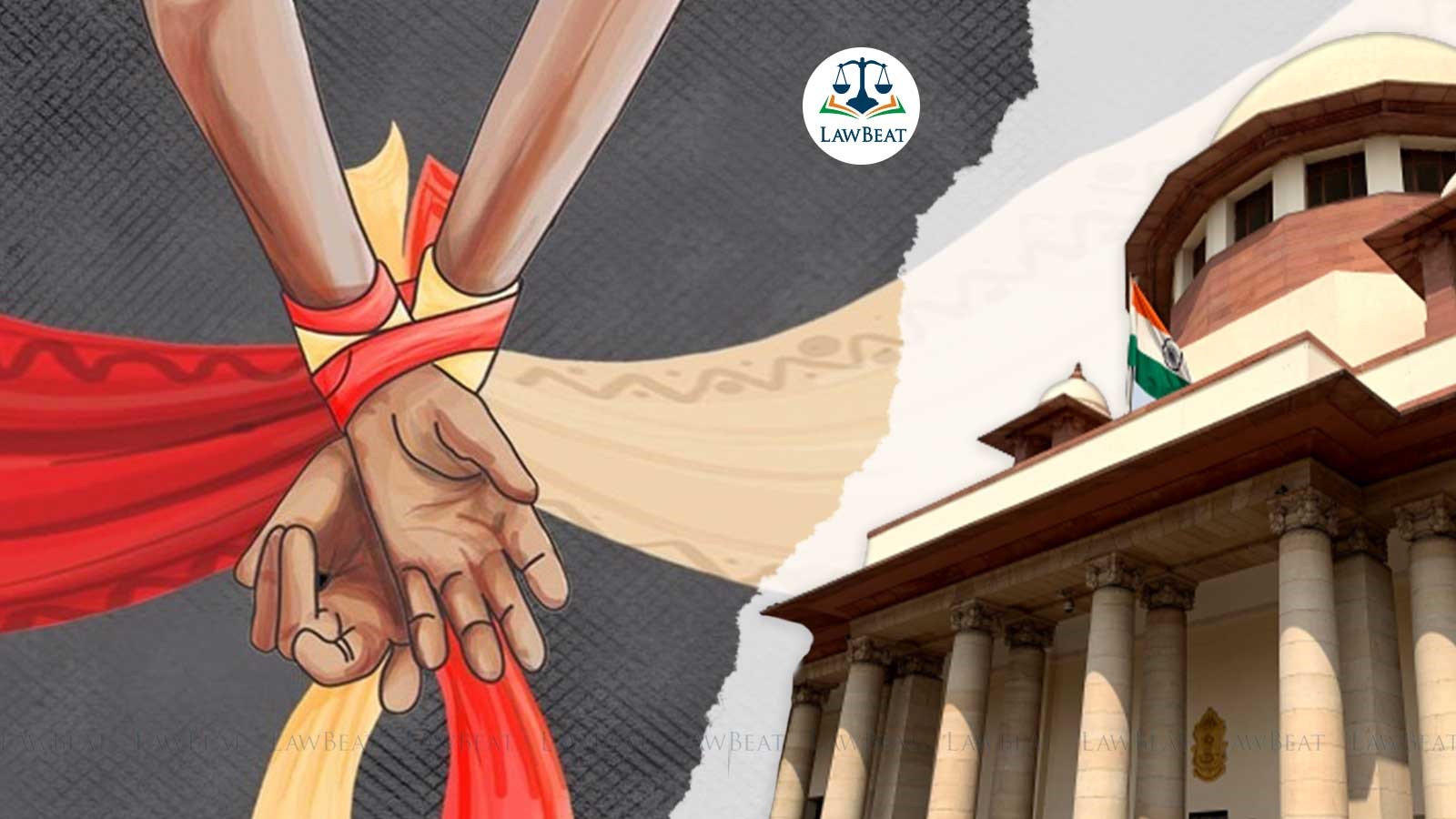Marital Rape| Petitioners ask Supreme Court to prioritize the issue

Last year, the Supreme Court while issuing notice in the plea challenging the Delhi High Court's split verdict, had also issued notices in similarly placed appeals filed by Hridaya Nest of Family Harmony and All India Democratic Women’s Association
Senior Advocate Indira Jaising today has made a request before the Supreme Court of India to give some preference to the marital rape issue pending before it.
Notably, the case was listed today before a CJI Chandrachud led bench which expressed it inability to take up matters as it was pre-occupied with a tax case, taking up most of the day.
Hearing this, Jaising submitted, "This is the marital rape matter, we would appreciate if this could be given some preference...".
In response the CJI said, "Yes, if we cannot take it up today, we will have it tomorrow or day after..".
On July 12, Senior Advocate Nundy has mentioned before CJI Chandrachud about the listing of marital rape petitions saying that notice was made returnable for Friday, July 12. In response the CJI had said that the petitions would come up on Tuesday, i.e., today.
The pleas before top court pertain to the issue of criminalization of marital rape challenging the exception 2 of Section 375, Indian Penal Code as much as it excludes married women from filing rape charges against her husband.
In March 2023, Jaising had informed the court that common compilation in the case was ready. SG Tushar Mehta, appearing on behalf of the UoI had then told the bench that their reply was also complete, just had to be vetted.
In September 2022, the Supreme Court had issued notice in the appeal filed against the split verdict pronounced by the Delhi High Court in the cases pertaining to the issue of criminalization of marital rape.
While Justice Shakdher had held the provision unconstitutional and ordered the exception to be struck down, Justice Harishankar had held that the provision is constitutional and is based on “intelligible differentia”.
The High Court had pronounced its judgment in the batch of petitions filed by two NGOs, namely, RIT Foundation and All India Democratic Women’s Association and two individuals challenging the constitutionality of Exception 2 to Section 375 as well as section 376B of the Indian Penal Code, 1860 on the ground that it excludes marital rape as a criminal offence. The thrust of the petitions was that this exception is unconstitutional and violates the right of married women under Articles 14, 15, 19 and 21 of the Constitution.
Justice Shakdher had declared that marital rape still amounts to rape and the impugned exception under the Indian Penal Code, 1860 is violative of the wife's right to life, right to equality & right to freedom of expression. He had concluded that the ghost of the master of the exception, Hale, needs to be “exorcised”.
Whereas, Justice Harishankar on the other hand, had referred to a myriad of examples of male and female relationships, such as mother son, girlfriend boyfriend, brother sister, etc. and had observed that the relationship between husband and wife, which emerges as a result of tying the proverbial knot is distinct from each and all of these relationships. While stressing upon the sanctity of marriage, he had held that to ignore or even to seek to undermine marital relations is to ignore plain reality.
Case title: AIDWA vs. Union of India
